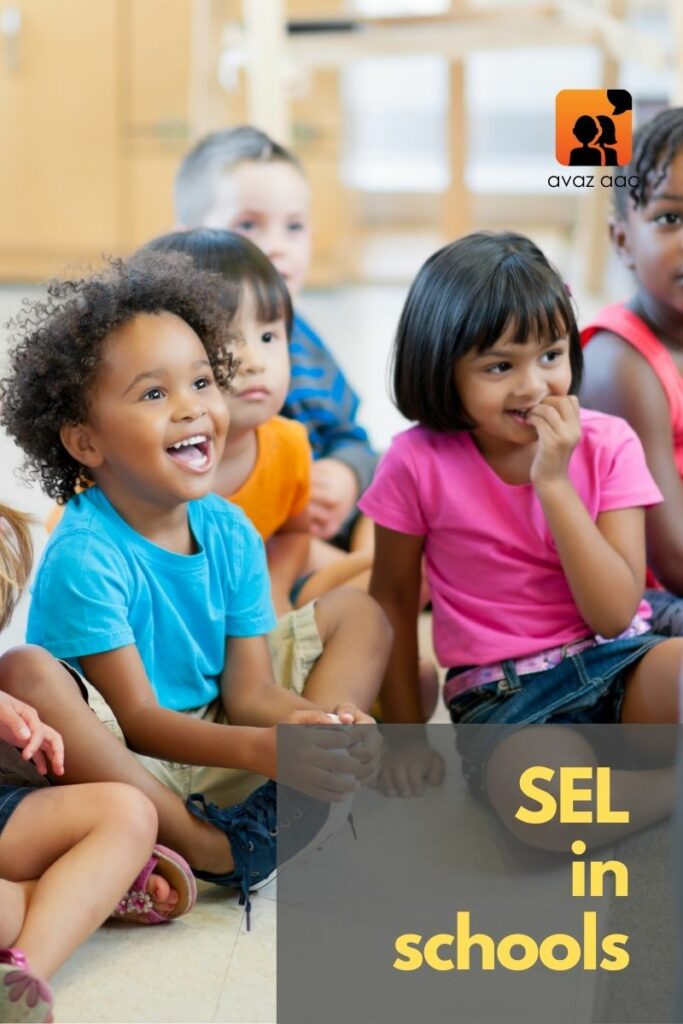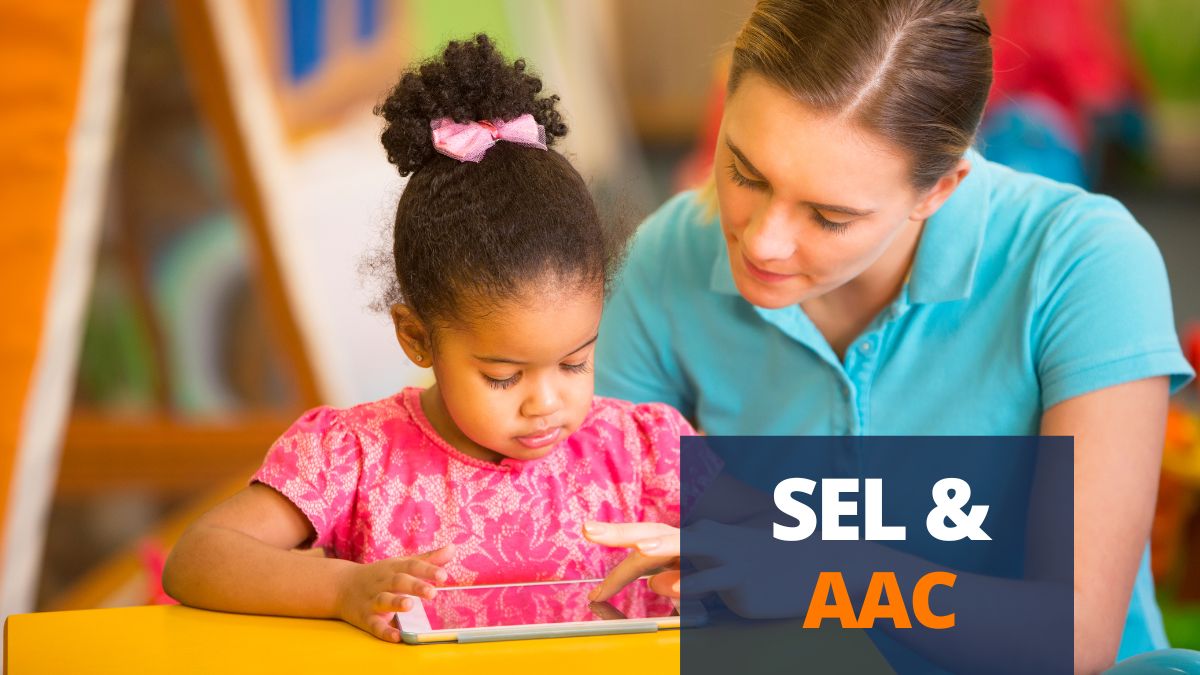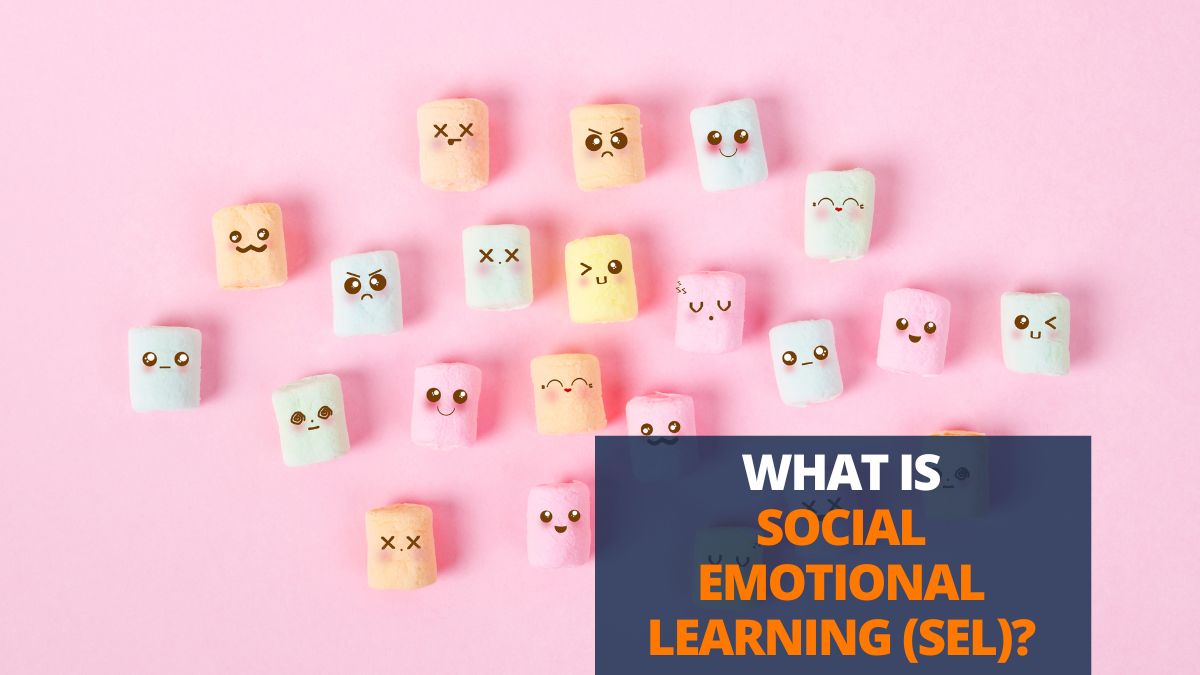This is Part 2 of our ongoing series on Social Emotional Learning. Avaz’s resident SLP, Niveditha, discusses the SEL in schools, with specific focus on children with special needs. Further, she highlights the benefits of SEL in schools. You can read Part 1 of this series here.
SEL for Children with Special Needs
All students can benefit from SEL, but building social and emotional competence is especially important for students with disabilities (Dunham, 2019).


Many have behavior challenges and most have challenges with academic expectations at their grade level.
School environments need to be engaging and welcoming. They must be spaces that enable students with disabilities to see growth and progress. Further, they must provide support to ensure that the children don’t feel inadequate.
World over, the emphasis on Social Emotional Learning is increasing. Further, more and more educators want its presence in the classroom environment. To meet these needs, specific SEL programs have been developed. Those that include students with disabilities, are specially sought after. Special education students should receive support and services in order to access the grade level curriculum. Focus should be on developing a growth mindset to ensure a successful future.
Benefits of SEL in Schools
SEL helps students with disabilities in the following ways:
- It provides students with a greater understanding of their strengths. Additionally, it also allows them to identify their social and emotional needs (Dunham, 2019).
- Enables better grades and improved behavior.
- Supports better coping skills that lead to better outcomes in school and life.
- Creates a school culture that embraces inclusion and demonstrates tolerance.
- Increases prosocial behaviors (such as kindness, sharing, and empathy).
- It improves student attitudes toward school. It also reduces depression and stress among students (Durlak et al., 2011).
- Develops positive socialization skills and self-management of emotions.
SEL also benefits the teachers. Research shows that special education teachers feel more connected to their students through SEL. Students with significant behavioral problems frequently receive plenty of attention in school. It manifests in the form of frustration, disappointment, and rejection from teachers and peers (Lichtenstein, 2016). A Social Emotional Learning component in classrooms helps to forge positive and meaningful teacher to student relationships.
Popular SEL Programs
In the West, there is a rise in the number of programs that support SEL in schools. Teachers can now look to specific curriculum for guidance and support when teaching essential skills to students.
Programs such as Zones of Regulation help to teach students to monitor their emotions. Here, learners communicate using color zones to convey how they are feeling at any given moment. Typically children develop these skills as they mature. However, children with special needs may require explicit instruction (Kuypers, 2011). The use of consistent language in the Zones of Regulation Program helps with this.
Similarly, the Soul Shoppe Program uses specific language stems to teach students to handle any peer conflicts that may arise. When taught with consistency, students learn to verbalize how they are feeling. Thus, they learn how to prevent the situation from happening again.
Conclusion
Students need to learn how to handle conflicts and problem solve in a productive way . Many times the way students handle conflicts can become a concern (Farrey-Latz 2018). Social Emotional Learning Programs such as Zones of Regulation and Soul Shoppe help develop the skills that Students with Special Needs need to feel successful in any community that they are a part of.
WRITTEN BY
Niveditha Ryali
Speech – Language – Swallowing Therapist
I have years of experience that comes from working in NHS(UK), special schools, hospitals and private practice. My passions are working on improving Speech, Language and Swallowing skills in children and adults. I also strive to facilitate early communication in children with complex communication needs, thereby improving parent-child bonding.




